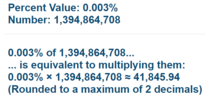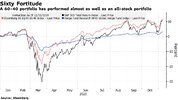- Joined
- 29 January 2006
- Posts
- 7,217
- Reactions
- 4,438
Everyone is at risk, but vaccinated people are less likely to be infected, suffer symptoms or die.It is not a pro or against jab, it is pro or against forcing people not at risk of covid:
A battery is not the same as an engine, just as mRNA is not DNA - they each exist separately within larger bodies and have different roles. No modification of genes is possible.roughly below 60ish to be injected with a new tech relying on a genetic modification,
All the vaccines work on the same principle, and that's to elicit an immune response. The mRNA package is short lived in our body - breaks down within 3 days - so most adverse reactions will occur soon afterwards and not years later.If we had a dead or attenuated virus offer, i would have no scientific reasons to be against mandatory vaccine, this would be a vaccine not a trial with a product which could create millions of self immune responses or whatever unexpected results in 5 or 10y time if our body respond to a different virus or is weakened.
I agree that the tried and well proven technology for vaccines (inactivated or live attenuated) is less likely to have the side effects associated with mRNA vaccines, but haven't read any papers comparing these differences. On balance there seems to be a trade off between the vaccine types as mRNA vaccines are more efficacious but possibly less safe.
Except that everyone is at risk. Moreover, different variants of covid appear to affect different population subgroups, with Delta known to be affecting a greater share of young people.That's a bloody scientifically cautious reaon, for anyone who is not at risk of Covid,
Yes, @pozindustrial has posted on a number of so called experts and some of their claims are proven to have no merit.The position of the ? which is actually shared by many real experts..not GPs but virus and epidemiology experts.i let you check that further if you have children or young relatives




